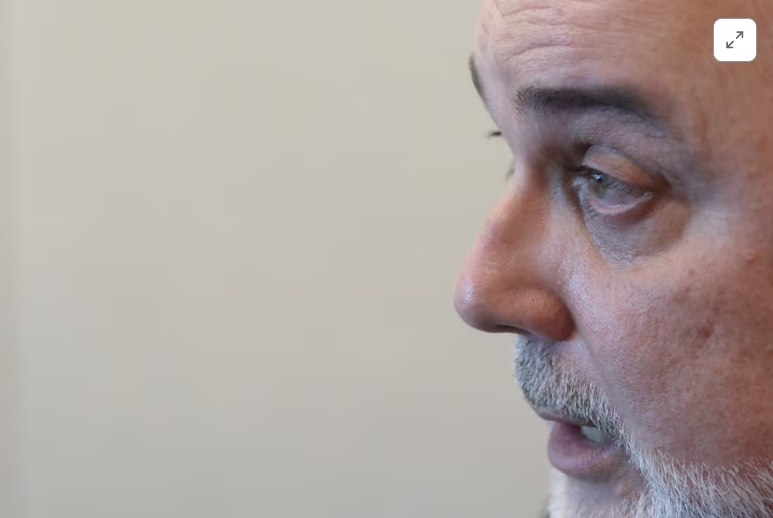
Along with the confirmation of CEO Jean Paul Prates' exit after months of intense speculation about his tenure, the firm said in a filing that CFO Sergio Caetano Leite was also out.
Prates lasted less than a year and a half on the job – the fourth Petrobras CEO dismissed in about as many years for political reasons. His firing raises fresh fears that Petrobras will be used as a tool to fire up the Brazilian economy at the expense of minority shareholders.
Shares of Petrobras dropped 6%, the biggest loser on Brazil's benchmark stock index (.BVSP), opens new tab on Wednesday.
Industry analysts expressed concern, as Prates was seen as balancing the market demands for disciplined capital spending and healthy dividends with political demands to stabilize fuel prices and invest in job-creating sectors.
"It was unnecessary, because Jean Paul Prates was doing a very reasonable job," said Frederico Nobre, chief equities analyst at Warren Investimentos.
Jefferies analysts said the CEO swap "appears to be an escalation of the push to intervene in the company," in a note to clients downgrading Petrobras from "buy" to "hold."
The ouster of Prates represents a win for members of Lula's cabinet pushing for lower fuel prices, smaller dividends and more capital spending to create jobs and boost the economy.
Despite all the management turnover, the company has profited from a series of reforms following a corruption scandal a decade ago. New legislation and corporate bylaws now restrict political appointments, unprofitable investments and selling fuel at a loss, which has helped to boost the company's earnings and lift its stock by about 138% in the past two years.
"We see it as negative, as we believe it increases uncertainties in Petrobras' investment case amid a period of stability, particularly as it relates to capital allocation," Santander analysts said in a note to clients.
Prates played down those concerns as he departed Petrobras headquarters in downtown Rio de Janeiro, telling journalists the firm is in good shape. He said Petrobras has a solid path ahead with reindustrialization, a good fuel pricing policy and planned investments in refining, fertilizers and shipbuilding.
In Prates' place, the government appointed Magda Chambriard, a former head of Brazilian oil and gas regulator ANP under Lula's previous Workers Party administration.
Petrobras' workers union FUP, linked to Lula's party, praised Chambriard's nomination, saying the future CEO shares the group's views on the need to strengthen Brazil's shipbuilding industry and expand local refining capacity.
After Lula was elected in 2022, Chambriard was considered for the role of Petrobras CEO, and in an interview echoed many of Lula's views on how the firm should be run - arguing for lower dividends to investors to free up cash for investments.
Until Chambriard takes over, the company's board of directors appointed Clarice Coppetti, executive officer for corporate matters, as interim CEO.
Carlos Alberto Rechelo, executive manager of finances will act as interim CFO, Petrobras said in its securities filing.